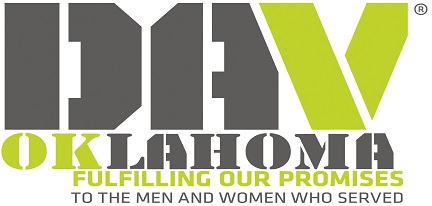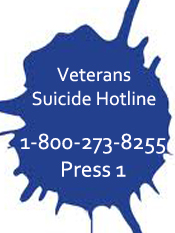On September 29, Public Law 115-62, the Department of Veterans Affairs Expiring Authorities Act of 2017, was enacted into law. The bill extends a number of current authorities in veterans’ programs, including Health Care, Benefits, Homelessness, and other matters. The provisions discussed below are supported by resolutions approved by DAV’s membership at our national convention this summer.
DAV strongly supports this law, which extends, by two years, authority for VA to provide nursing home care to veterans with service-connected disabilities; to provide assistance and support services for caregivers; to continue a pilot program for child care for certain veterans in order to allow them to receive health care; to extend a pilot program offering women veterans counseling in retreat settings; and to support beneficiary travel and grants for innovative transportation for veterans living in highly rural areas. It also allows VA to reimburse veterans for beneficiary travel to Vet Centers in the same manner as if they received services within VA health care facilities for one additional year. A pilot program to provide neurobehavioral therapy and services to veterans with traumatic brain injuries was extended only by three months pending the submission of a final report to Congress due this December.
The Act also allows VA to continue to provide rehabilitation and vocational benefits to active duty service members with severe injuries for one more year. This authority allows VA to address immediate rehabilitative needs of service members while their probable medical discharges are pending.
The Act extends, by one year, many provisions to assist homeless veterans, including the Veterans Employment and Training Service (VETS) program administered by the Department of Labor, in addition to grants for child care for certain veterans participating in these programs. It extends authority for referral and counseling services for certain “at risk” veterans and provides supportive services for very low income families in permanent housing to preempt homelessness. It extends, by two years, “special needs” grants to homeless provider grantees who work with populations who require additional attention such as hospice services or intensive mental health care and authority for VA to continue to provide comprehensive community services to homeless veterans with serious mental illness.
In addition, the law authorizes, for two additional years, appropriations for adaptive sports programs for disabled veterans and service members. It also extends authority for specially adapted housing grant programs.
DAV commends Congress for acting quickly to ensure these important authorities for veterans were not allowed to lapse. Service-disabled veterans depend upon these programs to reintegrate successfully into their families, communities and vocations.



